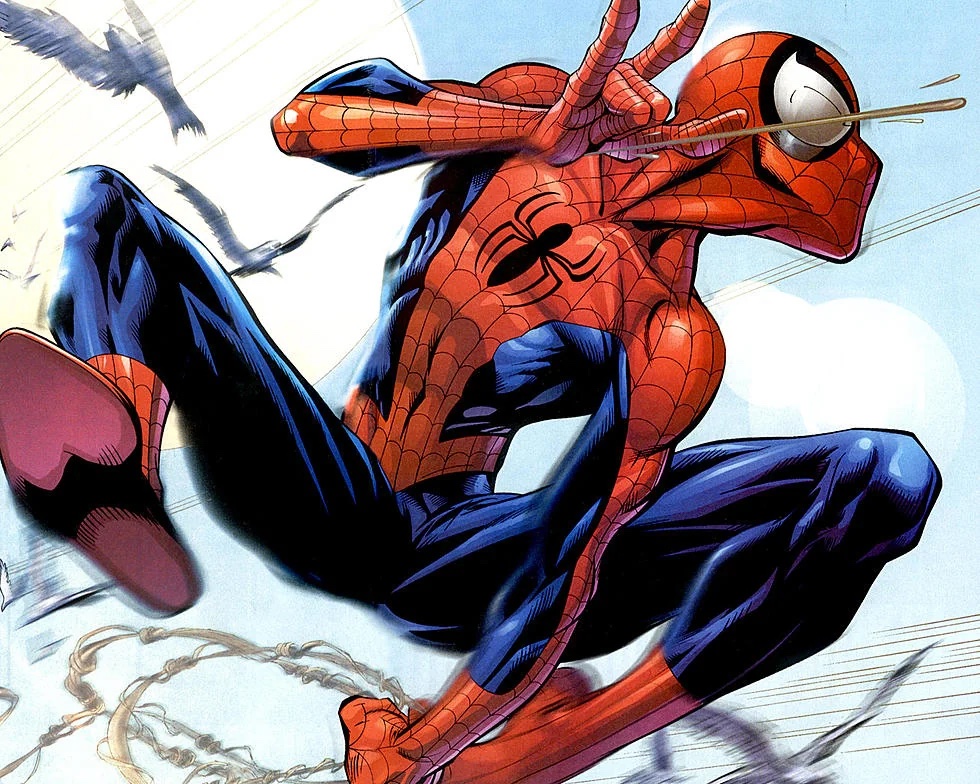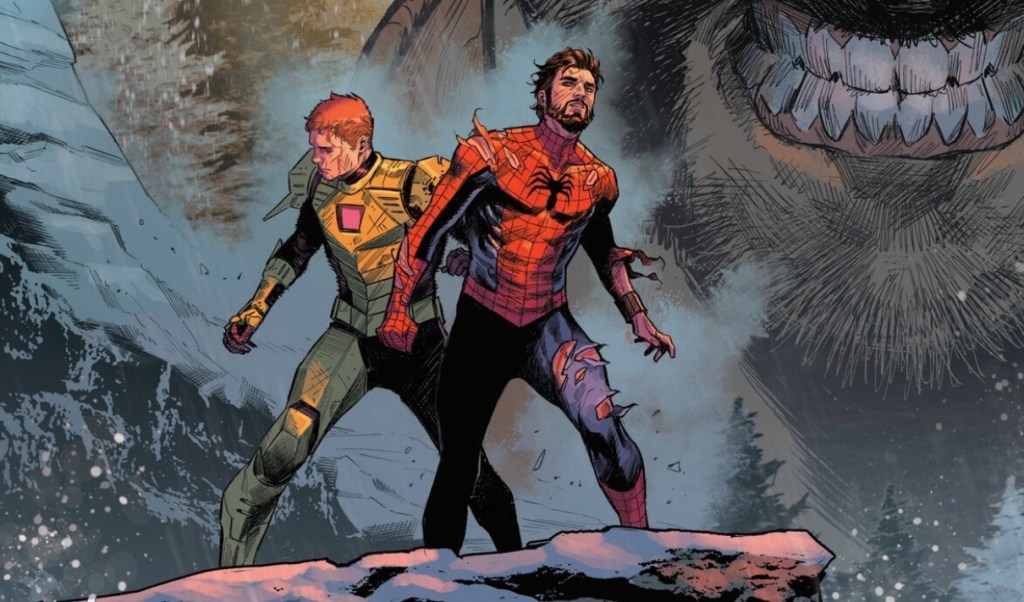Ever since the introduction of Ultimate Spider-Man (2024) fans have debated if it’s better than Ultimate Spider-Man (2000). With the current series taking a much more nuanced approach to Spider-Man showing fans what they want to see, it begs the question of how does the original Ultimate Spider-Man hold up. It’s a complicated answer to say the least. The characters have two significantly different background and impact, but at the end of the day can you pick up the original book by Brian Michael Bendis and Mark Bagley and get a good story? It’s a complicated answer to say the very least.
Videos by ComicBook.com
Hickman’s take on the character has done a lot for fans who have been enjoying what the writer has done with Spider-Man. He’s up against stronger threats compared to Earth 1610 but that doesn’t make the original’s threats unessential, either. Introducing new takes on classic characters has offered readers a lot of great new elements, but it can’t be ignored that the original does something that the new one doesn’t. The result is two Ultimate Spider-Man stories that each have something important to offer.
21st Century Take on Spider-Man

What was done in the original Ultimate Spider-Man title was to bring not only Spider-Man but Peter Parker and his classmates to the new millennium. Showing us Peter Parker’s school and home life a whole four issues before he becomes Spider-Man proper gave a great bit of insight into the character and his world. This story also gives us Uncle Ben in a way that feels very grounded and real; he doesn’t feel like a myth here, instead he’s actually a character. As classic as the original take on Uncle Ben is, it very much gives “Hi Ben, bye Ben” and the legacy is set. Here, you care for him and get connected to him and it hurts all that much more when he’s murdered.
On top of getting character work with Uncle Ben, Peter and his classmates feel real. Reading both Stan Lee’s dialogue and Bendis’ they both feel “of the time” but Bendis gave each character their own quirks. He gets lampooned by it now, but with how every characters lines complete the previous character feels organic and distinct. The teens have their pauses saying “uh” and “um” a lot but it helps get to know these characters as individuals. Of course, some of the slang and phrases are outdated, but you’d be hard pressed to find a comic that doesn’t sound this real. Gone are the days of the quirky Silver Age writing where everyone sounds mature and proper, this comic truly highlighted that it was the time of teens finding themselves and being, well, teens.
When it actually comes to Peter becoming Spider-Man, that’s when he begins to shine more as a character. When he jokes around as Spider-Man you get the sense that this makes him confident in himself as Peter. Being able to hide behind the mask and joke around with his foes is one of his core traits but it feels like it builds up Peter as a person outside of the suit. When he talks with classmate Kenny McFarlane early on, he’s insecure and feels hopeless. After he gains the powers, he starts to mess with him knowing he can stand up to him now. Even his relationship with MJ feels more organic and authentic. They feel like that first relationship people have in high school. It’s awkward and childish but you can tell what they think of each other at the end of the day.
Does Hickman’s Overshadow the Original?

Because of the legacy Bendis has left as a writer, many wonder if the new Ultimate Spider-Man is better with the critically acclaimed Jonathan Hickman. The answer is, it’s not better but it’s the best Spider-Man comic we have now. Hickman’s Ultimate Spider-Man is, like Bendis’ before it, a product of its time and what point we follow Peter on his journey. It’s not a battle over which book better, it depends on what you’re looking for. If you want to see Peter become Spider-Man when he’s older and mature with a family, then Hickman’s story is for you. It gives the fans of 616 Spider-Man what they’ve wanted since “Brand New Day” happened and feels very much like it “fixes” something.
On the flipside if you haven’t read Spider-Man before and can’t get into the Silver Age stories, the Bendis Ultimate Spider-Man would be an amazing starting point. It’s modern enough to give today’s readers a connection to Spider-Man and depending on their age give them a boost of nostalgia while they’re at it. To put it lightly, it holds up incredibly well today. The characterization and the story both still work even with some dated references. And honestly, that’s a good thing. Having two takes on Ultimate Spider-Man that are both of good quality is a huge win, not only for the character, but for readers as well.
Does Original Ultimate Spider-Man live up to you? Let us know what you’re thinking in the comments.









